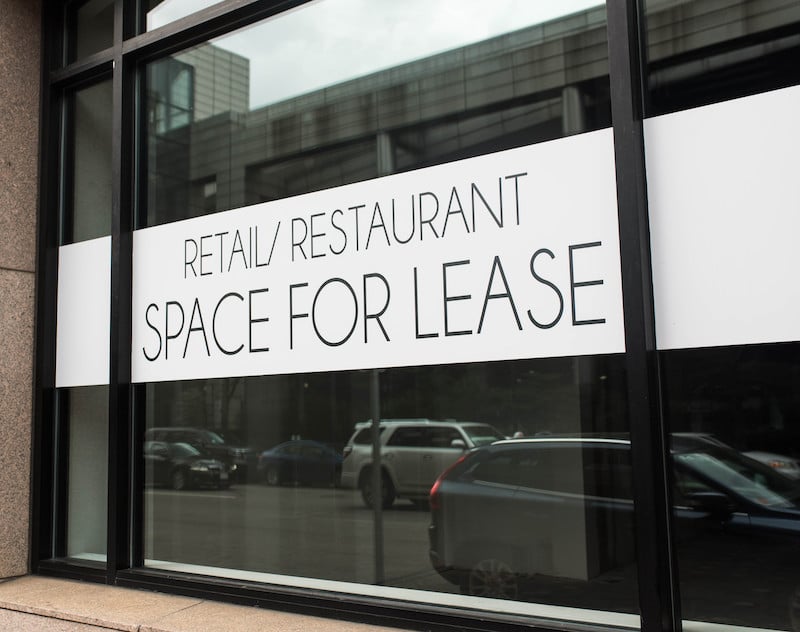In general terms, a “Force Majeure” clause excuses a party from performance of a contractual obligation where the party is prevented from doing so as a result of circumstances beyond that party’s control. Examples include riots, strikes, war, severe weather, and acts of God. Typically, a party is entitled to be excused from performance until such time as the Force Majeure circumstances abate.
The current pandemic is causing attorneys, landlords, and tenants to examine their commercial leases. Most commercial leases (office, retail, and industrial) have a Force Majeure clause in some form or another. As to leases which do not have any such clause, the parties are left to the general common law creating and interpreting Force Majeure events. Given the scope of the current pandemic and its societal impact, as well as the corresponding federal, state, and local orders recently issued, it is likely that these circumstances will meet the legal requirements of a “Force Majeure” event, and that the Tenant will be temporarily excused from paying rent and performing its lease obligations. It is unclear (but doubtful) whether, once the Force Majeure event abates, Landlords will be able to recoup the unpaid rents that accrued during that time period.
Those commercial leases that do have Force Majeure clauses generally fall into two categories. The first is a general clause that excuses both Landlord and Tenant from performance if prevented by a Force Majeure event. In general, this form of clause favors the Tenant inasmuch as in the context of a commercial lease, it is the Tenant who has primary performance obligations in the form of a monthly rental obligation. The other typical clause states that while the parties are excused from performance, the Force Majeure event does not excuse the Tenant from payment of rent. This version obviously favors the Landlord.
This legal landscape and current events are creating a myriad of Tenant requests; and the asks are coming notwithstanding the Landlord friendly clause. While we are early in the event cycle, we are not seeing Landlord communications to Tenants asking that they be excused from routine repair and maintenance obligations, although that is theoretically possible. Landlords have several other material considerations:
- Most commercial properties are subject to a mortgage in favor of a commercial lender. Most commercial loans contain a variety of restrictions, one of which is that Landlords cannot unilaterally amend tenant leases without Lender approval. Accordingly, even if it is prudent for a Landlord to re-write a lease to a given Tenant, it is running the risk of a mortgage default if it does so without Lender approval. It is an open question whether Lenders will grant such requests, which will likely be accompanied by Landlord requests for mortgage relief.
- At some point, if the pandemic goes on long enough, Tenants will default (or go bankrupt) and thinly capitalized Landlords will be faced with the prospect of a mortgage default, and will have to consider whether they can or should subsidize their project with fresh capital. The fair market value of the property, the Ladlord’s equity position, lease terms, and whether the loan is non-recourse is going to largely dictate what a Landlord should do in these circumstances.
- Many shopping center leases have “co-tenancy” requirements which allow a tenant to reduce its rent or terminate its lease if an anchor tenant (or some percentage of shopping center space) is not open and operating for a stated time period. Thus, a Force Majeure event may create a “domino effect” and impact cash flow just as a result of a single anchor temporarily closing, even if the anchor has no right to do so.
- Landlords and their counsel are scrambling to review their Business Interruption policies. The ones we have reviewed contain several hurdles to obtain coverage, as well as a specific exclusion as to claims arising out of viruses.
Analysis of commercial lease rights in relation to the Covid-19 pandemic will largely be a fact specific exercise, and a function of the topics discussed here. We have already heard of litigation regarding business interruption insurance coverage, and there will undoubtedly be litigation as between specific landlords and tenants, and landlords and their mortgagees. If you are in need of real estate counsel as a result of the pandemic, contact Dworken & Bernstein at (440) 352-3391.







